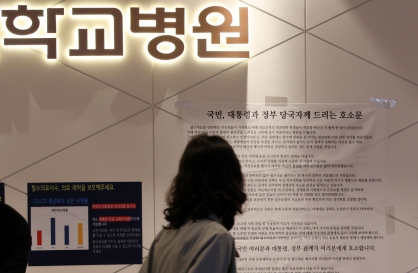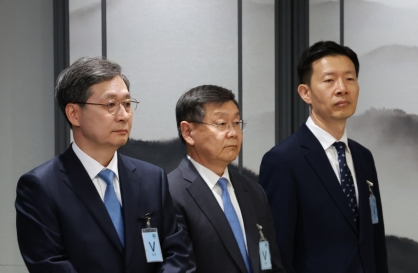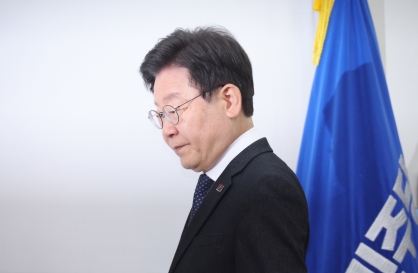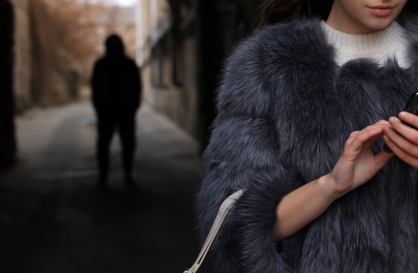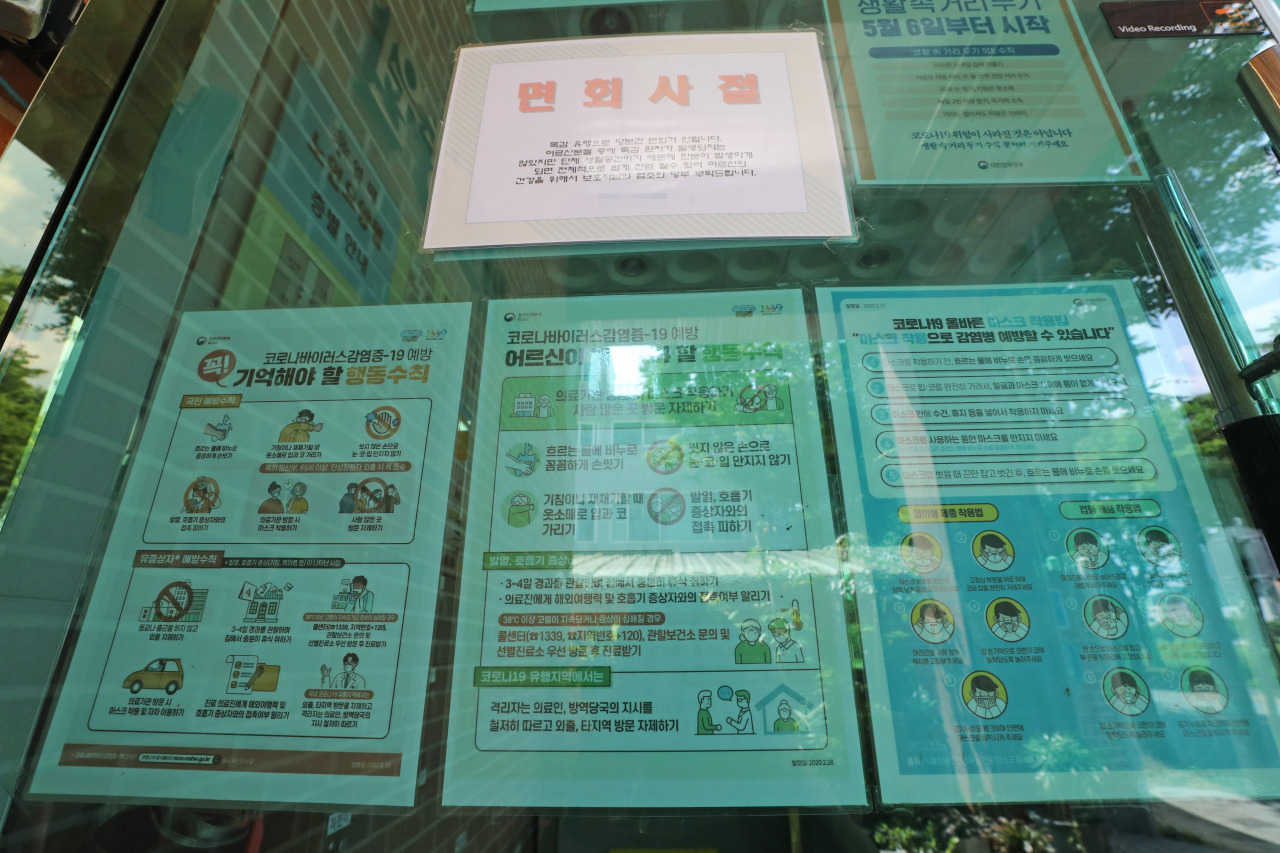 |
(Yonhap) |
South Korea reported the biggest rise in daily new coronavirus cases in nearly a month Saturday, driven by a fresh spike in imported cases amid fears looming over a second wave of infections.
The country added 67 new COVID-19 cases, the largest since the 79 tallied on May 28 and a jump from Friday's 49, according to the Korea Centers for Disease Control and Prevention (KCDC). The total caseload came to 12,373.
Of the new cases, 31 came from overseas and the 36 others were locally transmitted.
The spike in imported cases is the biggest since the country reported 40 such cases on April 5. South Korea saw a marked drop in imported cases to as few as a single digit for the past several weeks, compared with a range of 30-40 between late March and early April.
The surge in imported cases deepens worries about another possible wave of infections and puts further strains on health authorities despite the months of all-out efforts to stem the virus. South Korea reported its first case on Jan. 20.
A total of 1,427 cases have come from abroad, the KCDC said.
Of the new imported cases, all but three came from Asia excluding China, including 16 from Pakistan and seven from Bangladesh. The three others came from North America.
On Friday, authorities said seven Bangladeshi nationals and two South Koreans tested positive for the virus after entering South Korea on the same flight from Dhaka.
Including the imported cases, Seoul reported 14 new cases, raising the total caseload to 1,202, with the surrounding Gyeonggi Province and Incheon logging 17 and five, respectively.
Health authorities emphasized that infections can occur anytime and anywhere as long as three conditions are met: close contact, enclosed space and dense gatherings. They called on citizens to take heed of social distancing guidelines.
"The multiple and endless spread of COVID-19 infections is continuing without a pause. We now have to think that there is no completely safe zone away from the virus," KCDC Deputy Director Kwon Joon-wook told a press briefing.
The unabating spread of the virus in the capital is worrisome as schools have reopened and people have increasingly been opting for social gatherings and group activities.
A 12-year-old girl and her grandmother living in the eastern Seongdong Ward have tested positive for the virus, according to the ward office.
The girl was among a crowd of other students who took a group graduation photo at her school earlier this week. Testing is under way for everyone in the same sixth grade as her and all teachers from the elementary school.
The latest figures by the Seoul metropolitan government show that the daily average of infected patients for this month came to 17.9 as of Friday, a significant rise from 5.2 tallied in April and 7.4 in May.
A series of sporadic cluster infections, from a door-to-door sales firm to a table tennis facility in southwestern Seoul, is continuing with no signs of a letup. At least 38 cases, including four new ones, were found in a nursing facility for the elderly in a northern ward of Dodong.
The central city of Daejeon, where a new community spread has emerged, added five more cases, putting the total caseload at 72.
South Korea has seen an increase in the number of infections in Daejeon, some 160 kilometers south of Seoul in recent days, stoking fears that such a case of community spread outside of the greater Seoul areas could mean that a possible second wave of infection is coming.
Most of the Daejeon cases, found in a church and a door-to-door sales company, have so far turned out to be untraceable, making it harder for the authorities to take appropriate steps to contain the virus.
The spike in new daily cases is likely to prompt the government to rethink the current social distancing practices, which it eased in early May after the virus curve flattened from its peak of more than 900 new daily cases in late February.
On Saturday, Deputy Director Kwon said the government was not considering a rollback of the quarantine policy to intense social distancing for now, adding that it is keeping close tabs on the outbreak to preemptively respond with necessary measures.
There were no additional deaths reported as of Saturday, keeping the total death toll at 280, with a fatality rate of 2.26 percent.
The total number of people released from quarantine after full recoveries stood at 10,856, up 21 from the previous day. (Yonhap)


![[Herald Interview] 'Amid aging population, Korea to invite more young professionals from overseas'](http://res.heraldm.com/phpwas/restmb_idxmake.php?idx=644&simg=/content/image/2024/04/24/20240424050844_0.jpg)
